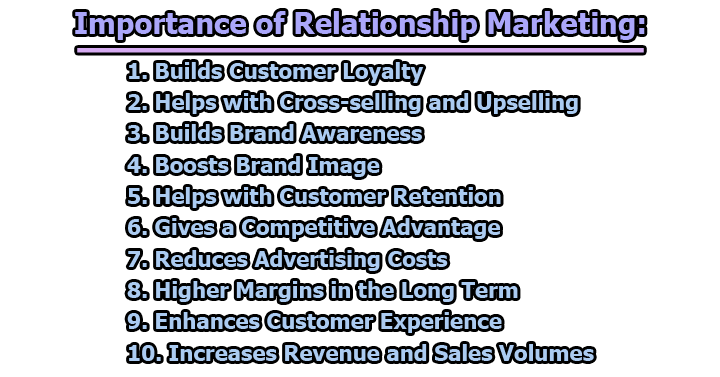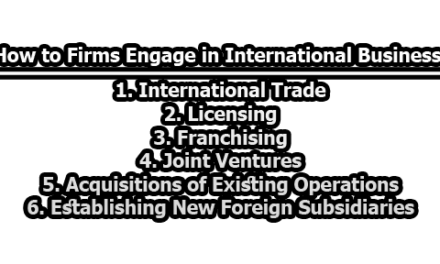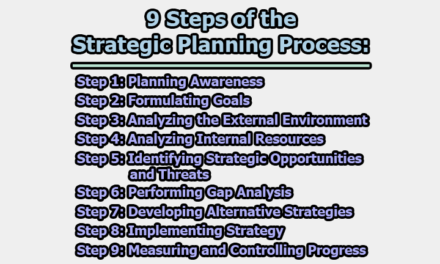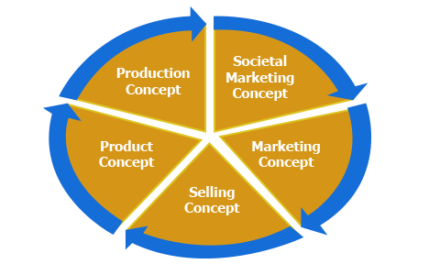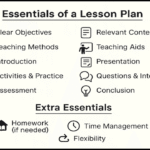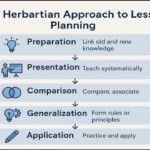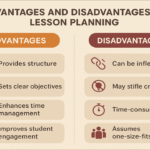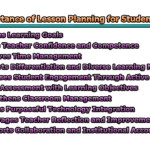Importance of Relationship Marketing:
Relationship marketing emerges as a strategic approach that transcends the conventional transactional model, aiming to build enduring connections with customers. This paradigm shift places emphasis on understanding and meeting the evolving needs of clients, fostering loyalty, and creating a positive brand image. Here are some of the essential importance of relationship marketing.
1. Builds Customer Loyalty: Building customer loyalty is a cornerstone of relationship marketing. This approach focuses on creating meaningful connections with customers, going beyond mere transactions. When businesses invest time and effort in understanding their customers’ needs and preferences, it fosters a sense of trust and reliability. Loyal customers are more likely to stick with a brand, even in the face of competitive offers, because they value the relationship and positive experiences they’ve had. This loyalty not only leads to repeat business but also transforms customers into brand advocates, influencing others to choose the same brand.
2. Helps with Cross-selling and Upselling: Relationship marketing enables businesses to gather detailed insights into the buying behavior and preferences of their customers. By understanding the customer’s journey and purchasing history, companies can effectively cross-sell related products or services and upsell premium options. This personalized approach not only increases the value of each transaction but also enhances the customer’s overall satisfaction, as they feel the brand understands and caters to their specific needs.
3. Builds Brand Awareness: Effective relationship marketing contributes significantly to building brand awareness. Regular and positive interactions with customers create a memorable brand experience. Satisfied customers are more likely to share their experiences with friends, family, and social networks. Word-of-mouth recommendations carry substantial weight, leading to increased visibility and attracting new customers. This organic growth in brand awareness, driven by positive relationships, is a powerful marketing tool that can complement traditional advertising efforts.
4. Boosts Brand Image: The quality of customer relationships directly influences the brand image. Relationship marketing emphasizes consistently delivering positive experiences, addressing customer concerns promptly, and exceeding expectations. As a result, customers perceive the brand as reliable, customer-centric, and trustworthy. A positive brand image not only attracts new customers but also retains existing ones, creating a positive feedback loop that reinforces the brand’s reputation over time.
5. Helps with Customer Retention: Customer retention is a key metric in the success of any business. Relationship marketing focuses on maintaining ongoing communication and engagement with customers even after the initial purchase. Personalized offers, exclusive discounts, and proactive customer service efforts contribute to a sense of value and appreciation. This ongoing relationship reduces the likelihood of customers switching to competitors and encourages repeat business, ultimately improving customer retention rates.
6. Gives a Competitive Advantage: In a market saturated with similar products or services, establishing strong customer relationships becomes a significant differentiator. Businesses that prioritize relationship marketing gain a competitive advantage by offering a more personalized and customer-centric experience. This uniqueness sets them apart from competitors, attracting customers who value the extra attention and care. Over time, this advantage can be difficult for rivals to replicate, solidifying the brand’s position in the market.
7. Reduces Advertising Costs: Satisfied and loyal customers often become brand advocates, willingly promoting the business through word-of-mouth. Positive reviews, recommendations, and testimonials from existing customers carry substantial credibility and can significantly reduce the need for expensive advertising campaigns. The organic growth fueled by customer referrals not only lowers customer acquisition costs but also amplifies the impact of marketing efforts, as potential customers are more likely to trust the recommendations of their peers.
8. Higher Margins in the Long Term: Relationship marketing focuses on long-term profitability rather than short-term gains. Loyal customers are often willing to pay premium prices for products or services because they associate higher value with a brand they trust. By consistently delivering quality and personalized experiences, businesses can justify premium pricing, leading to higher profit margins over the long term. This financial stability allows companies to reinvest in further improving customer relationships and maintaining service excellence.
9. Enhances Customer Experience: Relationship marketing places a strong emphasis on understanding and addressing customer needs. By actively seeking feedback, businesses can continuously improve their products and services, ensuring they align with customer expectations. This commitment to enhancing the customer experience not only results in higher satisfaction levels but also strengthens the emotional connection between customers and the brand. A positive and memorable customer experience is crucial in influencing purchasing decisions and solidifying the long-term success of the business.
1o. Increases Revenue and Sales Volumes: The cumulative effect of customer loyalty, repeat business, and positive word-of-mouth contributes to increased revenue and sales volumes. Satisfied customers are more likely to make additional purchases, explore new product offerings, and remain loyal over an extended period. Additionally, the positive reputation built through relationship marketing attracts new customers, expanding the customer base and further driving revenue growth. The holistic approach of relationship marketing pays dividends in sustained financial success.
In conclusion, relationship marketing is a holistic approach that goes beyond transactional exchanges. By prioritizing customer relationships, businesses can enjoy sustained success, enhanced brand reputation, and a competitive advantage in the market. The long-term benefits, including increased revenue and customer loyalty, make relationship marketing a vital aspect of a comprehensive business strategy.

Assistant Teacher at Zinzira Pir Mohammad Pilot School and College

